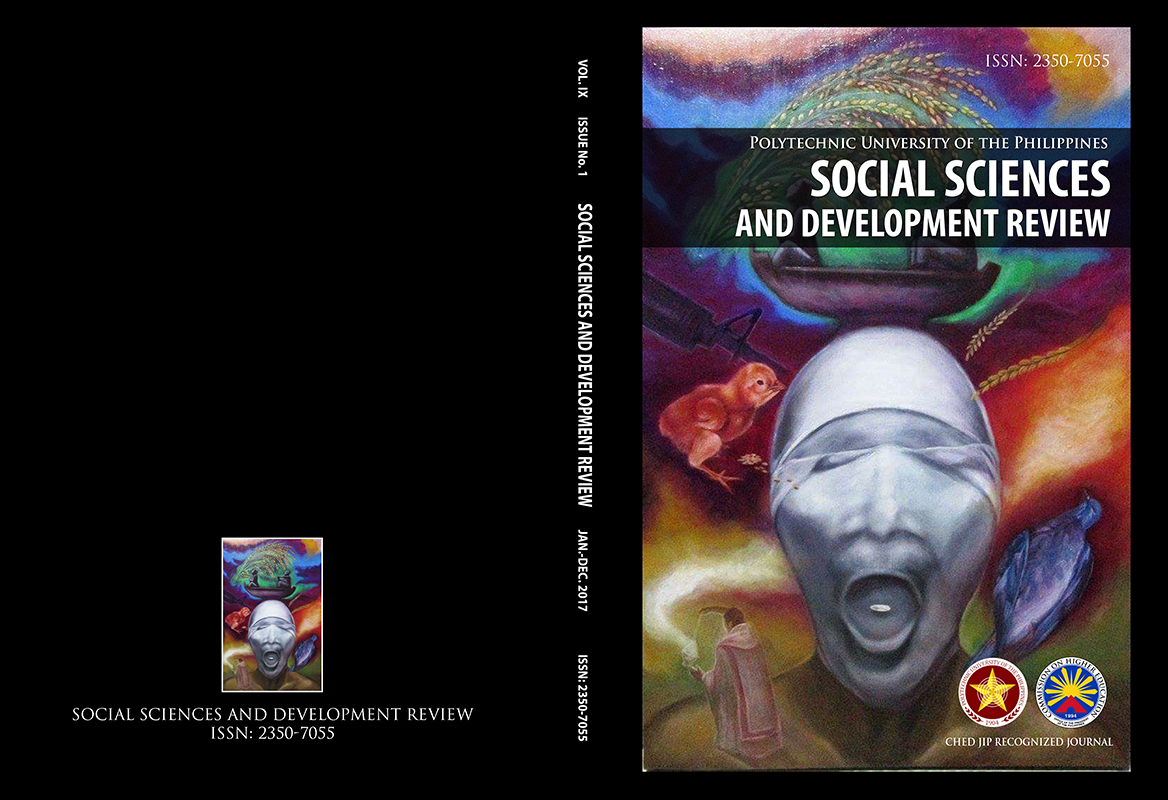Issues and Concerns of LGBTQ+ Community in the Context of the Academe: Bases for Policy Formulation in the University
DOI:
https://doi.org/10.70922/fnxyrp63Keywords:
LGBTQ+, sexuality, gender identity, heterosexual, sexual orientation, discriminationAbstract
The main objective of this research was to assess the issues and perceptions concerning the welfare of LGBTQ+ community at the Bulacan State University. Many studies had been done to address the problems among LGBTQ+ community, however, there are only a few studies who promoted policies and programs for the development of LGBTQ+ students. Meanwhile, the study is anchored in Self-Identity Theory which was based on groups being an important source of pride and self-esteem for individuals. Descriptive case study method was utilized in the study and interview was used as a technique in data gathering. In addition, there were six self-confessed LGBTQ+ students who served as participants in the study. The results revealed the LGBTQ+ students of Bulacan State University were experiencing discrimination and harassment from heterosexual students, staff, and administrators at the university. Also, it was found out that the university lacks programs, policies, and measures in catering the welfare of LGBTQ+ students. In conclusion, the university’s existing programs and policies about LGBTQ+ students should be revisited for the better understanding of the students, staff, administrators, and the university regarding the issues and concerns that LGBTQ+ students were facing.
Downloads
Downloads
Published
Issue
Section
License
Copyright (c) 2023 Dr. Regina Galang Dangangan (Author)

This work is licensed under a Creative Commons Attribution-NonCommercial 4.0 International License.
Articles published in the SOCIAL SCIENCES AND DEVELOPMENT REVIEW will be Open-Access articles distributed under the terms and conditions of the Creative Commons Attribution-Noncommercial 4.0 International (CC BY-NC 4.0). This allows for immediate free access to the work and permits any user to read, download, copy, distribute, print, search, or link to the full texts of articles, crawl them for indexing, pass them as data to software, or use them for any other lawful purpose.


